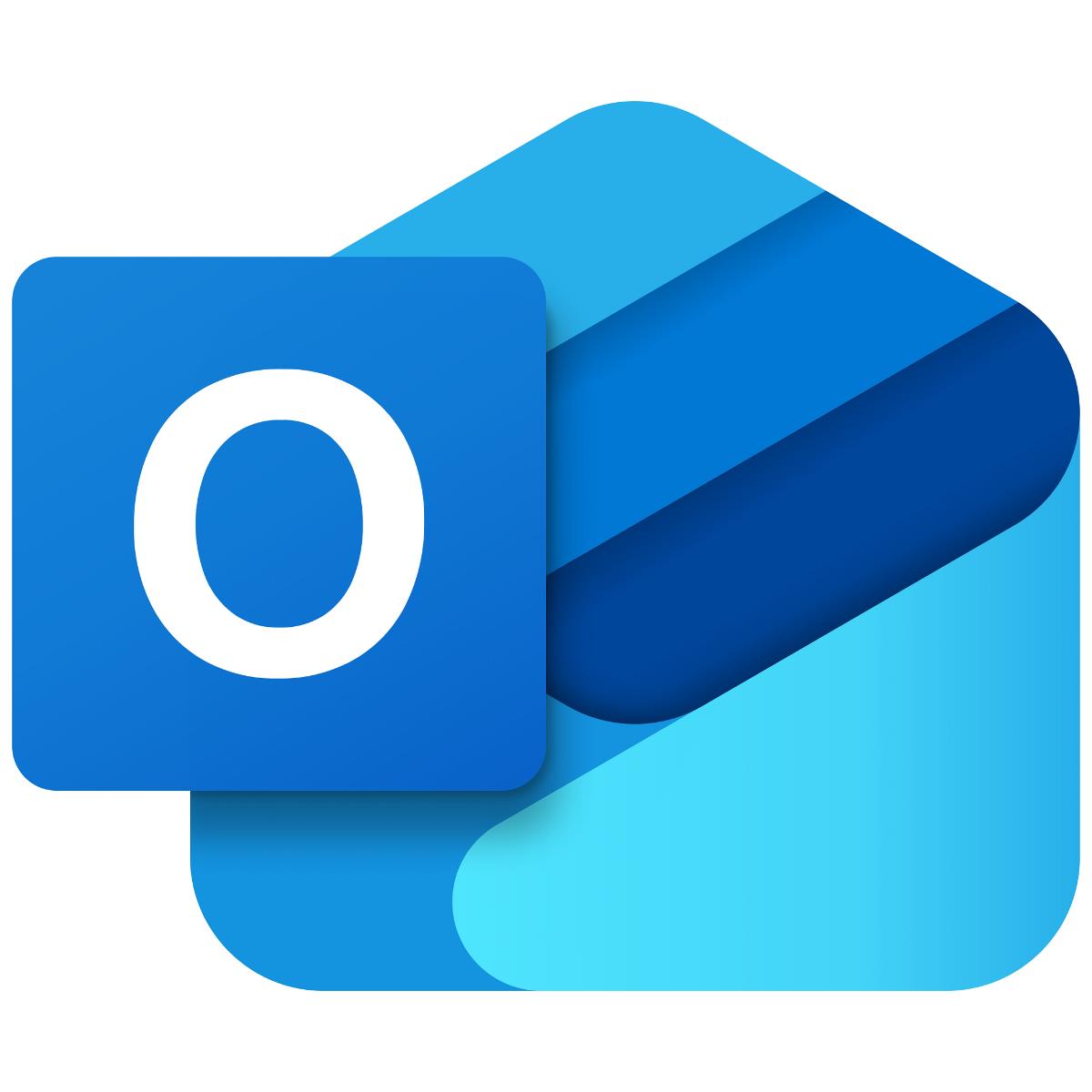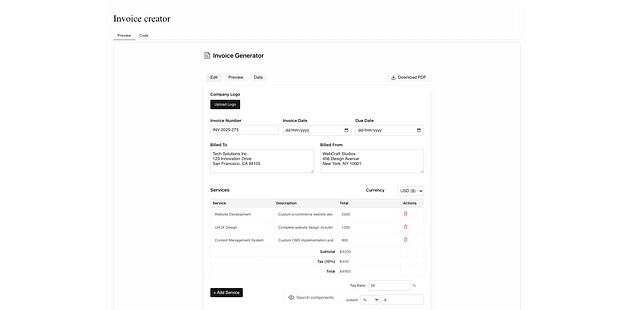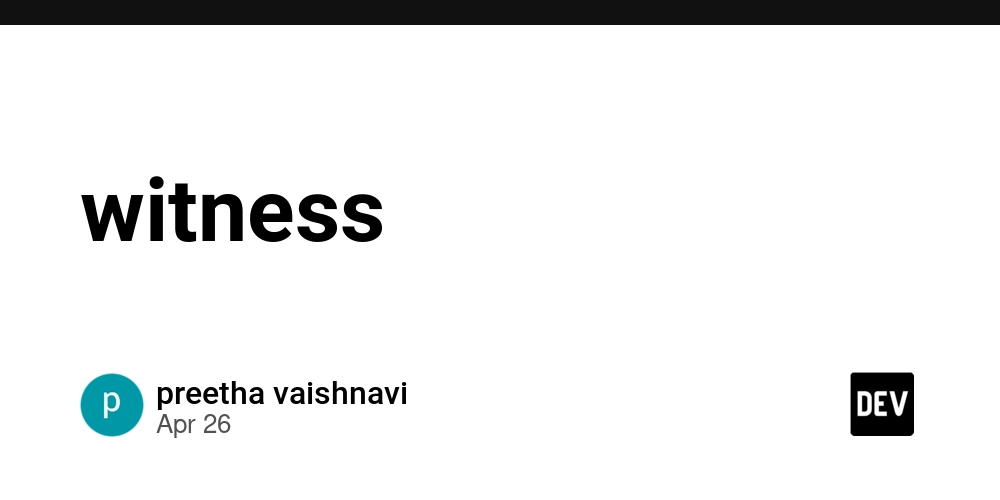Best Xirsys TURN server Alternatives
In this article we are considering alternatives for alternatives for Xirsys Here are the alternatives Xirsys has been one of the providers of STUN and TURN servers, but there are other alternatives available. here we run down top 3 alternatives to Xirsys TURN servers. So, that you can decide for yourself which is best for you. Metered.ca TURN servers OpenRelayProject.Org CoTURN in AWS/GCP/Azure Metered.ca TURN service Verdict / TL;DR: Metered.ca’s managed TURN is a strong fit when you need enterprise grade NAT traversal, with sub 30ms latency, global infrastructure, five-nines Uptime, and developer friendly APIs: metered.ca Turn Service When you want the TURN servers to just work everywhere and all the time, Metered.ca is a premier choice for WebRTC TURN servers. With 100 plus pops in over 31 regions and automatic geo-location plus the option to restrict to a specific geography for data residency purposes. Metered also offers 99.999% Uptime guarantee for reliability and 24X7 phone and email support. What more do you need for peace of mind. Advantages Global low latency: With 100+ pops and 31 regions with round trip times under 30 ms, Metered has the best in class quality Automatic Geo-routing (with ability to restrict to a specific geography for data residency purposes): data is routed to the nearest pop by default. But if you want to lock in traffic to a specific region for data-residency and regulatory purposes you can easily do so. High Throughput performance: Five nines reliability: With 99.999% Uptime SLA and multi-continent redundancy, Metered TURN servers are always on. Firewall friendly: Metered Listens on port 80 and 443 with TLS/DTLS support, so connections traverse even the strictest corporate proxies and deep packet inspection firewalls Generous free STUN + usage based TURN tiers: Rest API + dashboard: Create credentials using API, auto-expiring tokes, per-user usage data and pay as you go keeps spend proportional to actual relay traffic 24/7 support by engineers (phone and email): Multi protocol compliance Disadvantages Paid service: Metered.ca TURN servers is a paid service, as compared to other providers such as OpenRelayProject and running CoTURN on AWS OpenRelayProject.Org Verdict/ TL;DR: OpenRelay is a hassle free, firewall friendly TURN/ STUN service that gives you 20GB free TURN server usage every month. the OpenRelayProject.org is a free and community based NAT traversal offering that has globally distributed TURN and STUN service Open Relay offers 20GB TURN usage every month and you can sign up on their website: openrelayproject.org Here are some of the features of Open Relay Project according to their website ✅ Runs on port 80 and 443 ✅ Tested to bypass most firewall rules ✅ Support TURNS + SSL to allow connections through deep packet inspection firewalls. ✅ Support STUN ✅ Supports both TCP and UDP ✅ Dynamic routing to the nearest server ✅ 20GB of free TURN Usage Every Month Signup for free account Advantages of OpenRelay Project Free service: There is free 20GB monthly traffic free every month plus unlimited STUN that makes it a good choice for startups and low volume production workloads Firewall friendly port 80&443 with TURNS/SSL: Works with most corporate proxies and deep-packet-inspection firewalls without extra configuration Global Edge routing: traffic is automatically to the nearest pop when using the Open Relay Project. Full STUN and TURN feature set, TCP and UDP: OpenRelay handles every WebRTC NAT traversal scenario from data-channel apps to HD video calls Simple REST Endpoint: You need one fetch/axios api to return a ready to use iceServers Array or just copy the credentials from the dashboard End-to-End Encryption: Open Relay Project has end-to-end encryption so no one not even people running the Open Relay Project has access to the data Disadvantages 20GB cap can vanish fast: While 20Gb is good for startups and low volume production use-cases. This limit is reached quite easily when ramping up the usage. Limited data residency: There is global edge routing but no provision of limiting data to a geo location when using the Open Relay Project Community level email support only: Only email support is available when using the OpenRelayProject.org CoTURN on AWS, GCP or Azure Verdict/TL;DR: CoTURN can be deployed on AWS,GCP or Azure and it gives you a low cost TURN/STUN coverage, but you have to manage and maintain, every patch, metric and firewall rule. You can also run your own STUN and TURN server using CoTURN on any small VM in AWS, GCP or Azure. But there are costs associated with running on your own including cost of handling, patching, monitoring and load balancing Here are some useful resources for running your own TURN server in CoTURN How to setup and configure TURN server using coTURN? Running CoTUR

In this article we are considering alternatives for alternatives for Xirsys
Here are the alternatives
Xirsys has been one of the providers of STUN and TURN servers, but there are other alternatives available. here we run down top 3 alternatives to Xirsys TURN servers. So, that you can decide for yourself which is best for you.
- Metered.ca TURN servers
- OpenRelayProject.Org
- CoTURN in AWS/GCP/Azure
Metered.ca TURN service
Verdict / TL;DR: Metered.ca’s managed TURN is a strong fit when you need enterprise grade NAT traversal, with sub 30ms latency, global infrastructure, five-nines Uptime, and developer friendly APIs: metered.ca Turn Service
When you want the TURN servers to just work everywhere and all the time, Metered.ca is a premier choice for WebRTC TURN servers.
With 100 plus pops in over 31 regions and automatic geo-location plus the option to restrict to a specific geography for data residency purposes.
Metered also offers 99.999% Uptime guarantee for reliability and 24X7 phone and email support. What more do you need for peace of mind.
Advantages
- Global low latency: With 100+ pops and 31 regions with round trip times under 30 ms, Metered has the best in class quality
- Automatic Geo-routing (with ability to restrict to a specific geography for data residency purposes): data is routed to the nearest pop by default. But if you want to lock in traffic to a specific region for data-residency and regulatory purposes you can easily do so.
- High Throughput performance:
- Five nines reliability: With 99.999% Uptime SLA and multi-continent redundancy, Metered TURN servers are always on.
- Firewall friendly: Metered Listens on port 80 and 443 with TLS/DTLS support, so connections traverse even the strictest corporate proxies and deep packet inspection firewalls
- Generous free STUN + usage based TURN tiers:
- Rest API + dashboard: Create credentials using API, auto-expiring tokes, per-user usage data and pay as you go keeps spend proportional to actual relay traffic
- 24/7 support by engineers (phone and email):
- Multi protocol compliance
Disadvantages
- Paid service: Metered.ca TURN servers is a paid service, as compared to other providers such as OpenRelayProject and running CoTURN on AWS
OpenRelayProject.Org
Verdict/ TL;DR: OpenRelay is a hassle free, firewall friendly TURN/ STUN service that gives you 20GB free TURN server usage every month.
the OpenRelayProject.org is a free and community based NAT traversal offering that has globally distributed TURN and STUN service
Open Relay offers 20GB TURN usage every month and you can sign up on their website: openrelayproject.org
Here are some of the features of Open Relay Project according to their website
✅ Runs on port 80 and 443
✅ Tested to bypass most firewall rules
✅ Support TURNS + SSL to allow connections through deep packet inspection firewalls.
✅ Support STUN
✅ Supports both TCP and UDP
✅ Dynamic routing to the nearest server
✅ 20GB of free TURN Usage Every Month
Signup for free account
Advantages of OpenRelay Project
- Free service: There is free 20GB monthly traffic free every month plus unlimited STUN that makes it a good choice for startups and low volume production workloads
- Firewall friendly port 80&443 with TURNS/SSL: Works with most corporate proxies and deep-packet-inspection firewalls without extra configuration
- Global Edge routing: traffic is automatically to the nearest pop when using the Open Relay Project.
- Full STUN and TURN feature set, TCP and UDP: OpenRelay handles every WebRTC NAT traversal scenario from data-channel apps to HD video calls
- Simple REST Endpoint: You need one fetch/axios api to return a ready to use iceServers Array or just copy the credentials from the dashboard
- End-to-End Encryption: Open Relay Project has end-to-end encryption so no one not even people running the Open Relay Project has access to the data
Disadvantages
- 20GB cap can vanish fast: While 20Gb is good for startups and low volume production use-cases. This limit is reached quite easily when ramping up the usage.
- Limited data residency: There is global edge routing but no provision of limiting data to a geo location when using the Open Relay Project
- Community level email support only: Only email support is available when using the OpenRelayProject.org
CoTURN on AWS, GCP or Azure
Verdict/TL;DR: CoTURN can be deployed on AWS,GCP or Azure and it gives you a low cost TURN/STUN coverage, but you have to manage and maintain, every patch, metric and firewall rule.
You can also run your own STUN and TURN server using CoTURN on any small VM in AWS, GCP or Azure. But there are costs associated with running on your own including cost of handling, patching, monitoring and load balancing
Here are some useful resources for running your own TURN server in CoTURN
- How to setup and configure TURN server using coTURN?
- Running CoTURN in a docker container
- TURN Server Costs: A Complete Guide
Advantages:
- Open-Source and Free: — no license or per-gigabyte fees is required, just pay for raw compute, bandwidth and storage costs
- Fully Configurable: when running your own system, it is fully customizeable you can fine tune ports, ACLs channel timeouts, create user quotas, enable TLS certificates and settings to match any security or performance profile
- Community vetted code: The code is widely used in Jitsi and many other SaaS deployments, so bugs and CVEs are handled by the community
Disadvantages:
- Operational burden: When running you own system you have to handle OS updates, CoTURN security patches, TLS renewal, capacity planning and monitoring
- Complex firewall and NAT setup: exposing UDP/TCP 3478/5349 plus 80/443 ports if needed can be tricky and error prone
- DDoS exposure: public TURN endpoints are attractive targets for hackers that you have to manage and this can be quite costly
- Steep learning code: If you want to do fine grained tuning than this could be a bit difficult for stuff like running on different port numbers, bandwidth throttling etc.
- Limited Support: There is limited support apart form community resources when you are running your own server.
















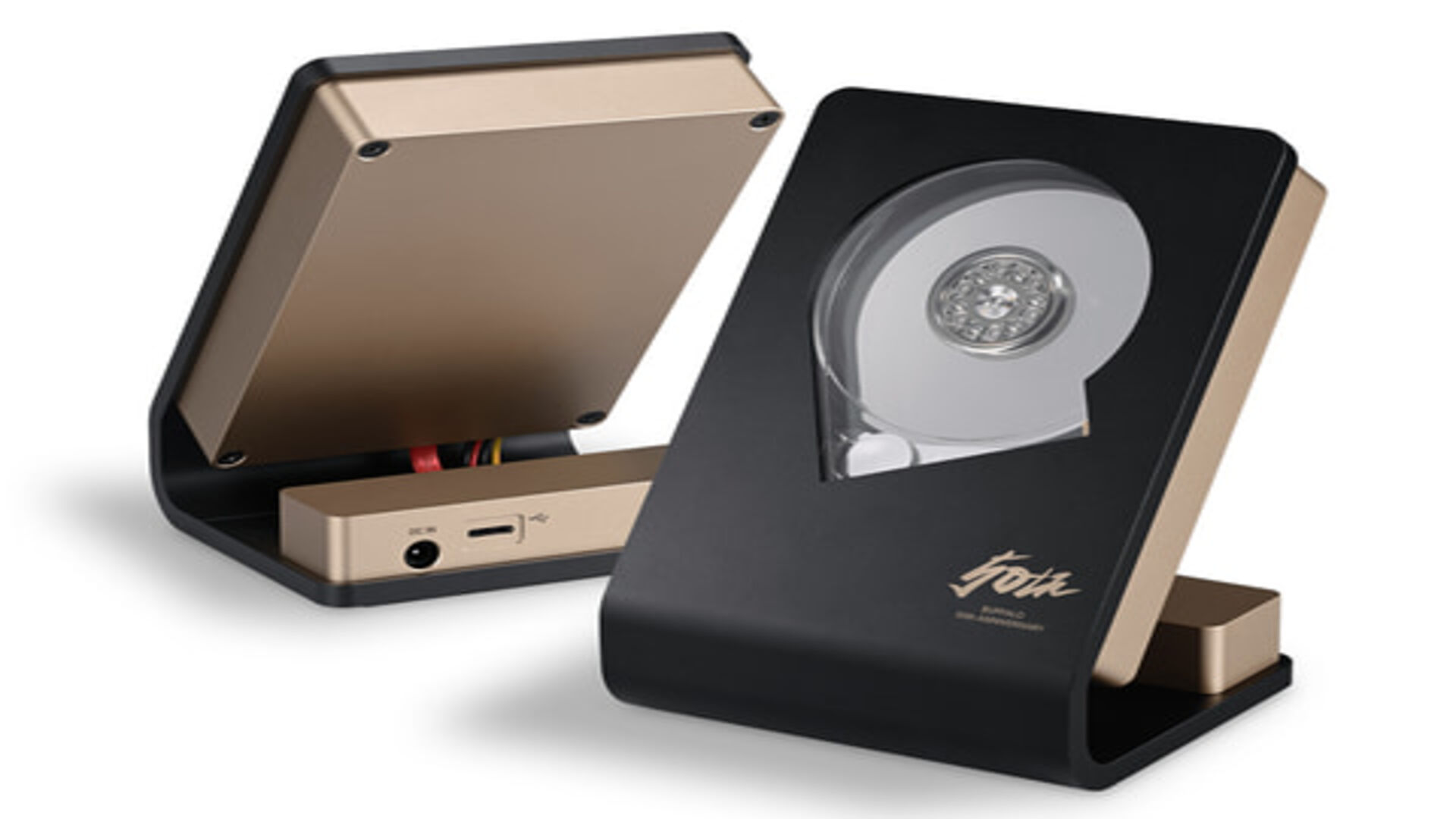





















































































































































![[The AI Show Episode 146]: Rise of “AI-First” Companies, AI Job Disruption, GPT-4o Update Gets Rolled Back, How Big Consulting Firms Use AI, and Meta AI App](https://www.marketingaiinstitute.com/hubfs/ep%20146%20cover.png)













































































































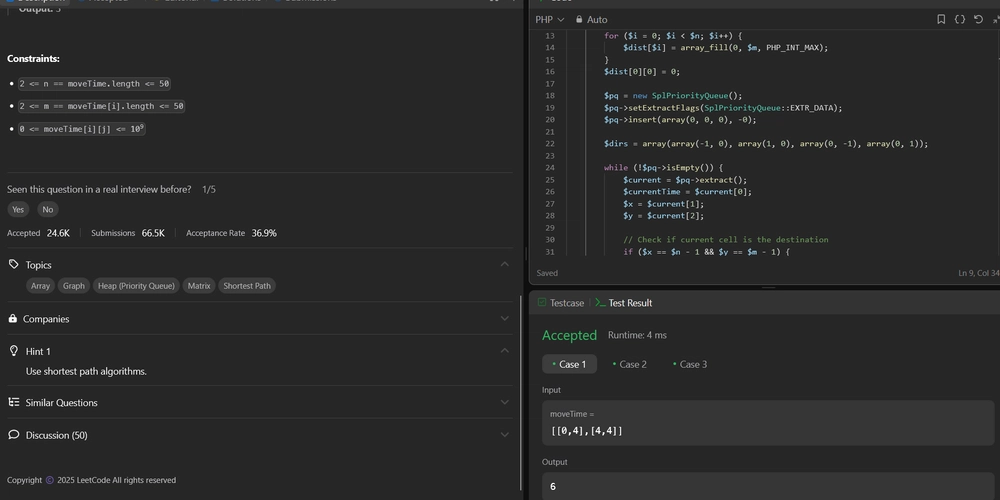



























































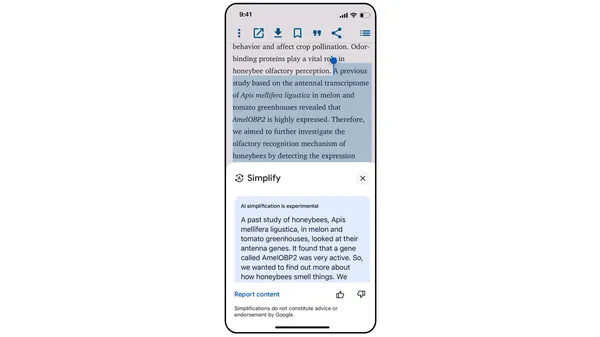







.jpg?width=1920&height=1920&fit=bounds&quality=70&format=jpg&auto=webp#)






















































































_Alexey_Kotelnikov_Alamy.jpg?width=1280&auto=webp&quality=80&disable=upscale#)
_Brian_Jackson_Alamy.jpg?width=1280&auto=webp&quality=80&disable=upscale#)



 Stolen 884,000 Credit Card Details on 13 Million Clicks from Users Worldwide.webp?#)





















































































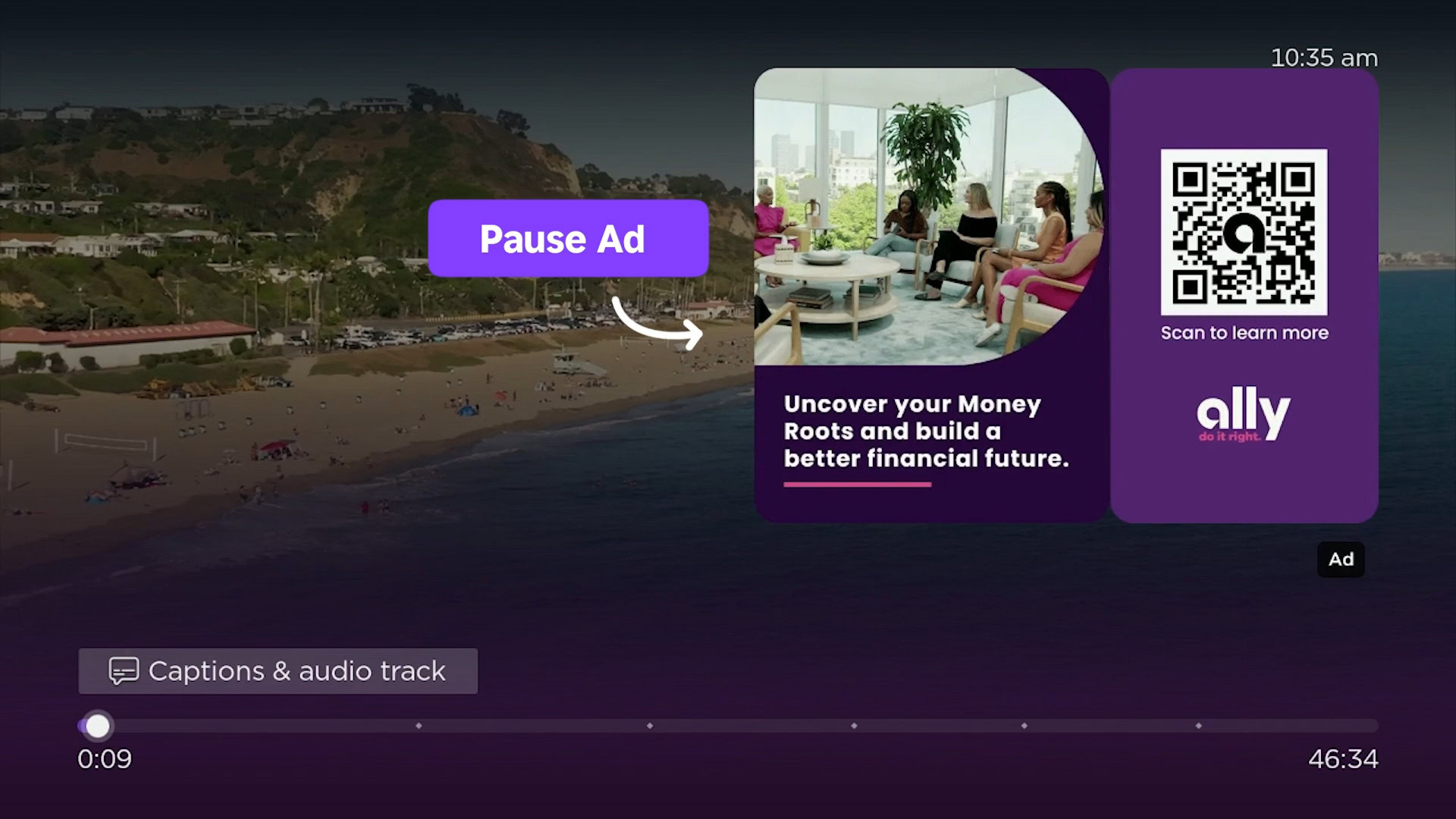




![Roku clarifies how ‘Pause Ads’ work amid issues with some HDR content [U]](https://i0.wp.com/9to5google.com/wp-content/uploads/sites/4/2025/05/roku-pause-ad-1.jpg?resize=1200%2C628&quality=82&strip=all&ssl=1)













![Apple Seeds visionOS 2.5 RC to Developers [Download]](https://www.iclarified.com/images/news/97240/97240/97240-640.jpg)
![Apple Seeds tvOS 18.5 RC to Developers [Download]](https://www.iclarified.com/images/news/97243/97243/97243-640.jpg)
























